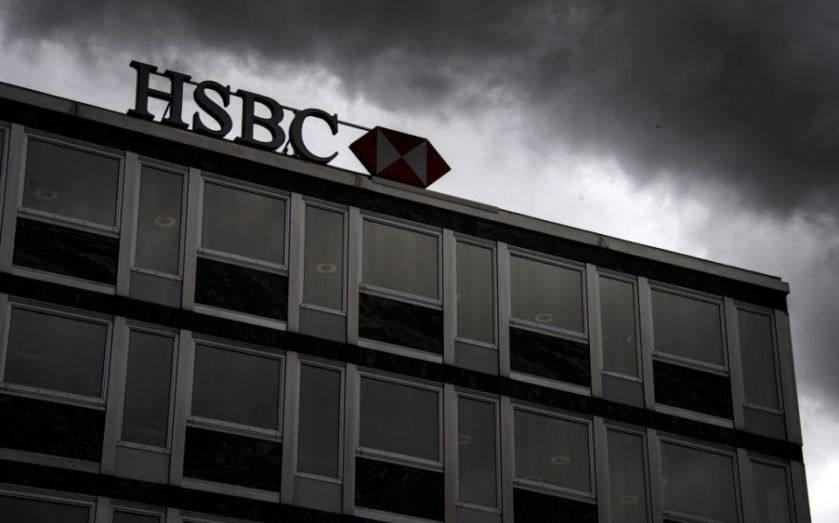Lord Fink’s “vanilla” tax avoidance: What does it mean, and how is it different from HSBC’s alleged practices?

Tory peer Lord Fink has admitted avoiding paying tax while working in Geneva, but says his actions were “vanilla” in nature and that he was not involvement in the allegations currently plaguing the Swiss arm of HSBC.
The former hedge fund manager is a client of the bank, which came under fire earlier this week for helping wealthy members hide money from the tax authorities. The claims were made after a whistleblower who worked for HSBC in 2007 released inflammatory documents to over 50 media organisations worldwide.
During a debate in the House of Commons, Ed Miliband listed Lord Fink as one of a number of Conservative peers who had money in the Swiss arm of the bank. Fink was appointed a treasurer and given a peerage by Prime Minister David Cameron after donating £3m to the Conservative party.
In an interview with the Evening Standard this afternoon, Fink admitted that he had avoided paying tax during his four year posting in Switzerland, but described his actions as “vanilla” and “bland”.
“I chose the mildest end of the spectrum that I was advised on,” he told them, adding that it was a normal practice in British Society: “The expression tax avoidance is so wide that everyone does tax avoidance at some level.”
What is "vanilla"?
But what exactly does “vanilla” mean in this context? And can tax avoidance fall into categories according to intention and severity?
To begin with, tax avoidance is not illegal. In the case of Fink, he said it was about taking small amounts of money to set up family trusts.
“I used the opportunity to set up some simple family trusts” he said, explaining how he transferred some shares to his wife and children.
“Really what I was trying to do was, not like a living will, but to allocate very small shareholdings to each of my children so they could pay deposits on houses in London one day after we returned,” he continued, adding that he had done “nothing complex”.
“My family and I paid tax on all the dividends, both in Switzerland and the UK. They were done because my children were under 18 and I wanted them to have something to help them make their way in the wider world.”
This, he said, was different from the illegal practices HSBC has reportedly been involved with – he claims to have rejected expert advice that he could save a fortune by adopting “aggressive” avoidance measures.
HSBC investigated
Earlier today, The Treasury Select Committee announced it was launching an inquiry into HSBC's Swiss private bank.
Conservative MP Andrew Tyrie, who heads the committee, will gather evidence from HSBC as well as HMRC executives. HMRC is dues to meet the police and Serious Fraud Office later this week.